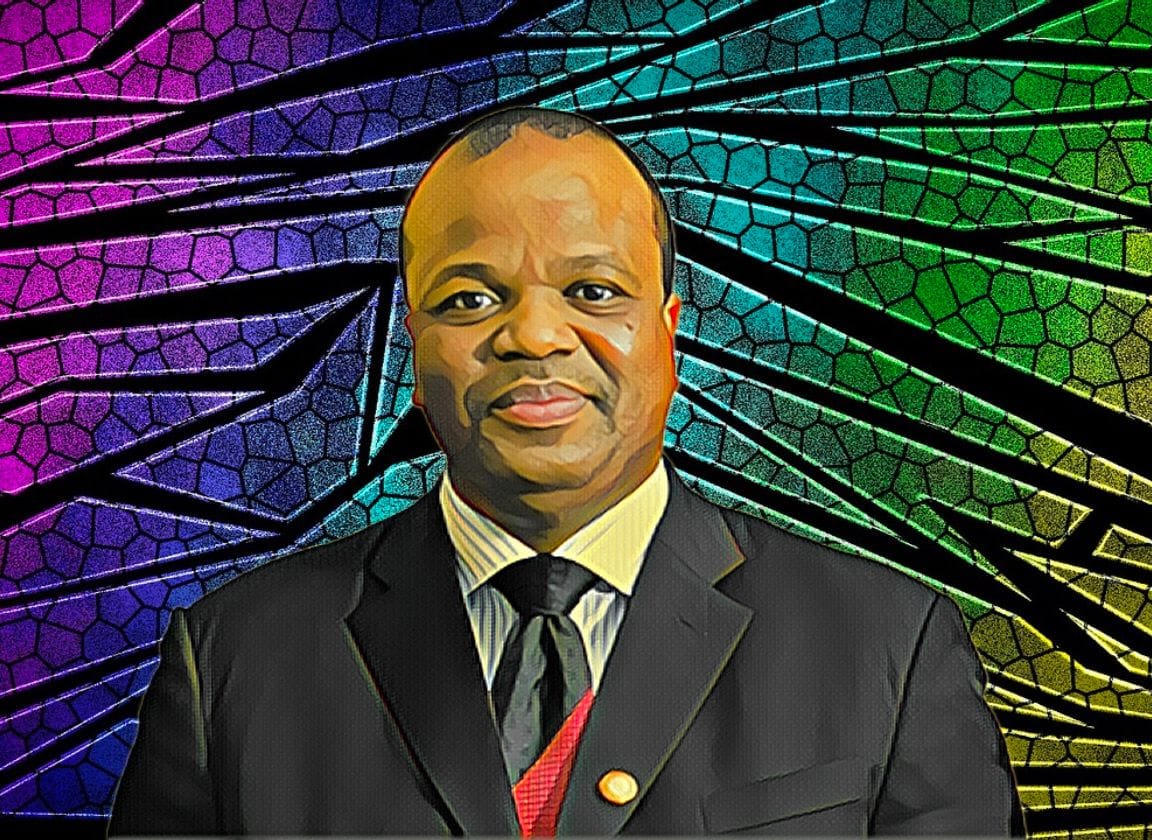King Mswati III of Eswatini left off BRICS summit invitation list

Despite not being a member of the BRICS alliance, the omission of King Mswati III of The Kingdom of Eswatini from the guest list for the upcoming BRICS Summit has triggered discussions about potential consequences for the Kingdom and the alliance.
The government of The Kingdom of Eswatini, in a statement by Alpheous Nxumalo, the government’s spokesperson, confirmed that no official communication regarding an invitation had been received. “No one informed us about any invitation to the BRICS Summit. However, Eswatini is not a member of the bloc.” Nxumalo said.
The unfolding situation followed an intriguing remark from Clayson Monyela, spokesperson for South Africa’s International Relations and Co-operation Department (Dirco) when questioned about the absence of Eswatini on the guest list. Monyela retorted, “Who says they (eSwatini) have been left out?”
King Mswati III, the last absolute monarch in Africa, wields substantial influence through Tibiyo TakaNgwane “Wealth of the Nation,” an investment holding company established under royal charter by his predecessor, King Sobhuza II, during the nation’s independence in 1968.
The company has been at the center of various allegations. Critics claim that it has been utilized for the personal enrichment of the monarch and his family, with accusations dating back to 2011.
Tibiyo Taka Ngwane’s considerable stakes in Eswatini’s most lucrative enterprises, coupled with its asset valuation surpassing $150 million, have led to accusations of serving exclusively the interests of the royal family. Critics argue that the company has grown into a formidable entity closely aligned with the monarch’s wealth accumulation.
Speaking at the BRICS Business Forum held at the Sandton Convention Centre, South African billionaire businessman Patrice Motsepe, underscored the necessity for strong and mutually beneficial collaborations between African leaders, enterprises, and BRICS nations.
Patrice Motsepe, whose net worth exceeds $2.3 billion and who holds the inaugural chairmanship of the BRICS Business Charter in South Africa, emphasized that meaningful partnerships and shared benefits are pivotal to propelling economic advancement among the BRICS nations.
Comprising Brazil, Russia, India, China, and South Africa, the BRICS members collectively contribute to a quarter of the global economy, account for approximately a fifth of worldwide trade, and house more than 40 percent of the global population.
South Africa formally joined the BRICS alliance in 2010, facilitated by China’s endorsement and unanimous acceptance by the alliance’s member nations. Recently, Bangladesh, Egypt, the United Arab Emirates, and Uruguay were added as new members of the BRICS New Development Bank (NDB).